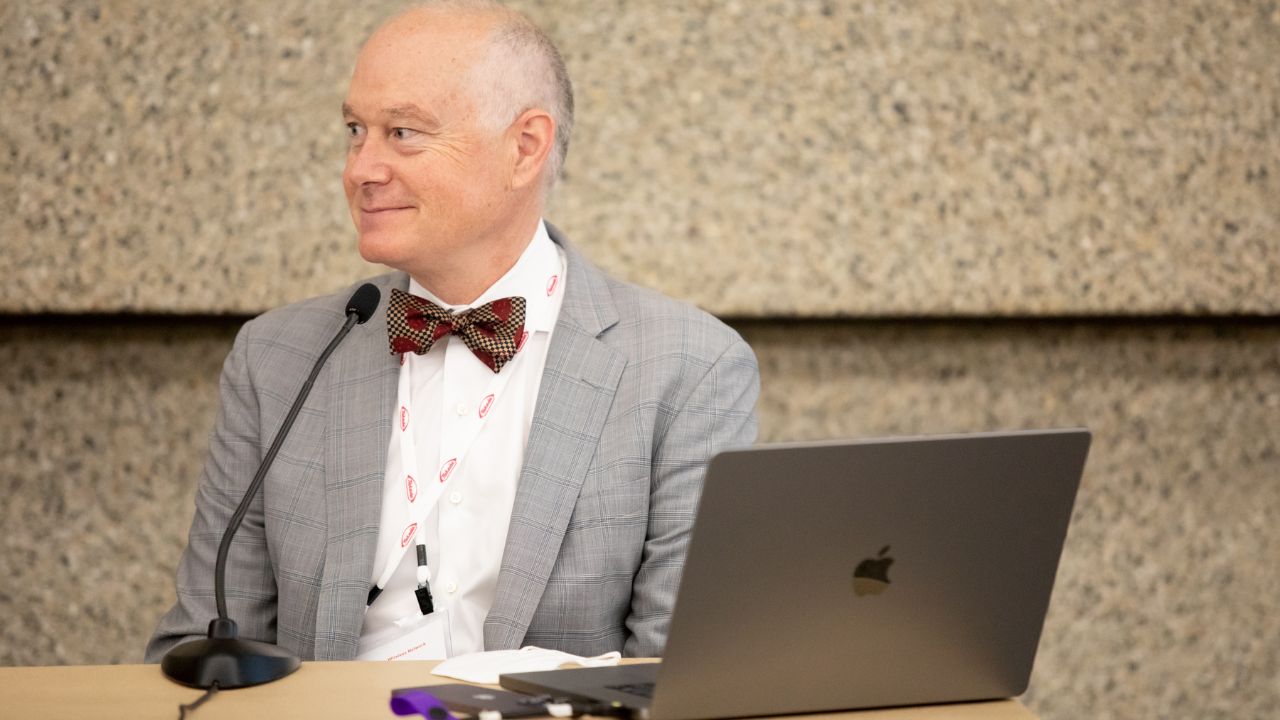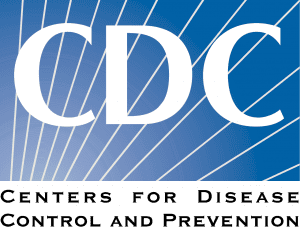Long-haulers, long COVID, post-COVID conditions (PCC), or post-acute COVID-19 — they all represent the ongoing aftereffects of a COVID-19 infections. Its technical name is postacute sequelae of SARS CoV-2 infections (PASC), and it means symptoms or conditions or appear after a COVID infection. It's defined as a chronic condition that is present for at least 3 months, according to The U.S. centers for Disease Control and Prevention (CDC), and the World Health Organization (WHO) states symptoms last for at least 2 months with no other explanation. Some patients' symptoms persist while others suffer from new ones, it can last for weeks to months to years, and it impacts individuals who were hospitalized and those who weren't. For Dr. Daniel Griffin, MD, PhD, board-certified in Infectious Disease, long COVID has become a regular topic for he and his Columbia University colleagues. Since early 2020, he and his associates have been following clinical presentations and literature surrounding COVID-19 and discussing it on their podcast, This Week in Virology (TWiV). It's what inspired his latest academic article, "Postacute Sequelae of COVID (PASC or Long COVID): An Evidence-Based Approach", published in Open Forum Infectious Diseases (Volume 11, Issue 9, September 2024).
Dr. Griffin's article reveals the evidence regarding abnormalities and therapeutics for PASC and how to help impacted individuals improve. "It focuses on the diagnosis, mechanisms driving long COVID, challenges, preventions, and therapeutics," shares Dr. Griffin. "This disease is,, for a number of infected individuals, not simply a 1- or 2-week illness, but one that could lead to longer-term suffering." Many studies support the idea that ongoing immune activation or immune dysregulation is what is driving many cases of long COVID, according to Dr. Griffin. "Estimates regarding the number of patients impacted suggest that this will be a disease for which primary care providers will often need to take the lead," he continues. "This article was written with the goal of preparing providers to make the diagnosis, provide treatment, and refer as needed." Individualized potential therapeutics being actively investigated for long COVID include vaccination, melatonin for sleep disturbances, rebalancing gut biome with use of probiotics, cautious exercise, breathing techniques, and others. As COVID infections continue to affect millions worldwide, Dr. Griffin hopes this article will bring the necessary evidence-based interventions to the patients who need them. "Long COVID is not something clinicians were taught about in medical school," he shares. "My hope is that practicing doctors will stay up-to-date on literature, read the latest published articles with scientific rigor, and advance therapeutics in time with the acquisition of new information. This includes listening to patients, validating their experience, sharing the uncertainties around prognosis, and communicating realistic goals for recovery" Read the full open access article at doi.org/10.1093/ofid/ofae462.
Situation Dashboards

World Health Organization (WHO)

Johns Hopkins University (JHU)

COVID-19 in US and Canada






